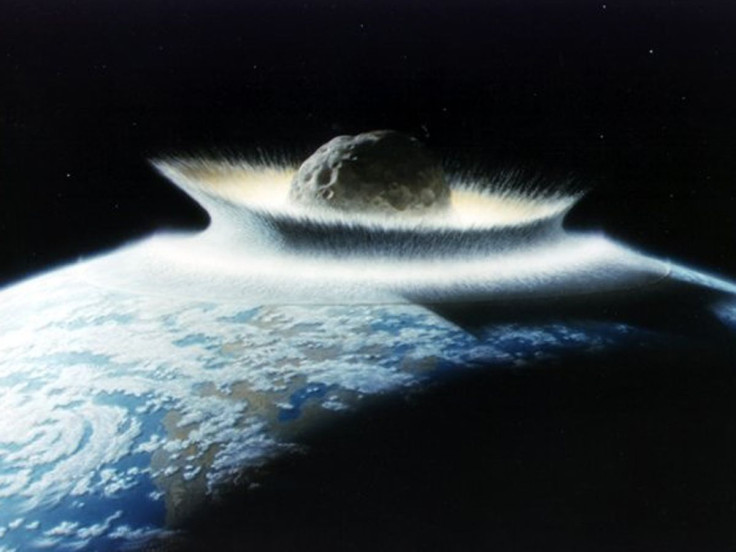Asteroid Impact Could Boil Oceans, Melt Continents, Scientist Warns

A scientist explained that an asteroid is capable of melting continents and boiling oceans if it is large enough. The scientist made the chilling statement while discussing humans’ chances of surviving a major asteroid impact.
According to mathematician and scientist Robert Walker, humans have a good chance of enduring the effects of an impact event. Even if Earth gets hit by an asteroid that’s as big as the one that wiped out the dinosaurs 66 million years ago, Walker believes humans will not go extinct.
As previous reports have indicated, the asteroid that hit Earth millions of years ago was about 10 kilometers long. It was so big that the explosion caused a huge volume of smoke and debris to block out the Sun, leading to a deadly nuclear winter.
The event caused major food shortages across the planet, which led to the extinction of most animals.
For Walker, if the same event happens today, humans will most likely survive primarily due to basic skills and instinct.
“As long as we retain at least Stone Age technology, there isn’t much that could make us extinct,” he said, according to Express. “Even if we have to go back to beach-combing and surviving on shellfish, which was a staple of early human diet in cold places such as Canada and Scotland, one way or another some humans would survive.”
Walker noted that survival is possible as long as Earth doesn’t get hit by a really massive asteroid. He warned that if the planet collides with a colossal asteroid that’s about hundreds of kilometers long, life on Earth will most likely go extinct due to the level of destruction it will cause.
“I know some say humans would go extinct after a 10-kilometer asteroid impact,” he said. “I don’t see that. I don’t think that could make us extinct. It would have to be much larger, larger enough so there are no habitats for humans on Earth and nothing for us to eat for long enough for us all to starve or die.”
“It would be large enough if it boiled the oceans and melted the continents,” he added.
© Copyright IBTimes 2025. All rights reserved.





















